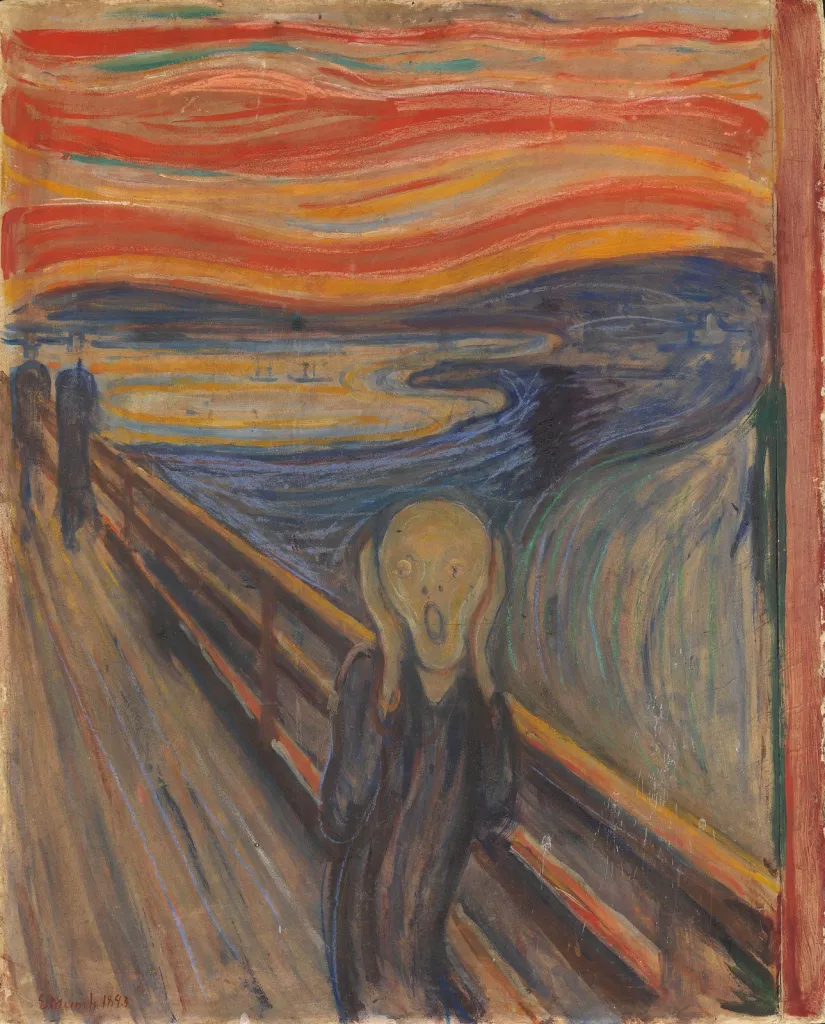
Sometimes when we lament a problem to another person, we want help finding solutions. Other times we want to be heard, seen, understood. We want to know another person is really there with us.
More than that, there’s power in knowing that what we lament, someone else laments too. That messed up reality I see? You see it too. I hear you say with me, “Yeah… that’s not okay!” Such solidarity brings comfort, validation, and even strength.
The apostle Paul addresses “the sufferings of the present time” in Romans 8. He points us to glory and calls us to hope, but not without deep empathy as he considers our current pain.
In response to suffering, there are three groaning parties in Romans 8:
- All of creation groans as it suffers under the weight of its “bondage to decay” (vv. 21-22).
- We ourselves—“who have the firstfruits of the Spirit” groan within ourselves (v. 23).
- The Holy Spirit groans in wordless intercession for us (v. 26).
I am just beginning to appreciate how the Holy Spirit is standing in solidarity with us, specifically by groaning.
The “groan” roots are all there in Greek. (“Sighs too deep for words” in the NRSV is beautiful, but obscures the “groan” language.) But I missed the connections until reading a compelling essay this morning from Richard B. Hays’s Reading with the Grain of Scripture: “Pneumatology: The Spirit in Romans 8.” In considering what the Holy Spirit does, Hays makes powerful intertextual connections to Ezekiel, Isaiah, and especially Israel’s exodus narrative.
Hays says that all this groaning in Romans 8 is “describing creation’s bondage to death as analogous to Israel’s slavery in Egypt.” The groaning we hear and make now connects to the Israelites’ groaning under slavery in Exodus 2:23-24. Paul is now “envisioning the eschatological redemption of all creation as a new and final exodus, in which the whole created world will share in Israel’s experience of redemption and freedom” (p. 216, my emphasis). A “new and final exodus”? Yes, please!
In the meantime—and it’s a very long meantime, isn’t it?—we’re all groaning for freedom from suffering, “like a woman in labor”:
- All creation groans
- We children of God groan
- The Holy Spirit groans
Hays shows these three as existing in a sort of chain of solidarity: (1) Creation groans, and (2) “the children of God share fully in creation’s suffering and agonized groaning.” The children of God groan, and (3) “God’s Spirit joins in the groaning.”
By groaning, the Holy Spirit is passionately expressing solidarity with God’s children and with all of creation.
The Spirit’s wordless groans are not just disconnected intercessions. I don’t think Paul is making an interesting but stand-alone point about how prayer really works. He’s saying that the Spirit’s groaning is God joining himself in active solidarity with an already-groaning creation and with an already-groaning family of children who are exhausted from their bondage.
The great I AM is also with us as the great I GROAN. “I will be with you” includes “I will groan with you.”
Just as Yahweh rescued Exodus, Paul speaks of hope and deliverance in Romans 8. God’s children and all of creation will be liberated, brought into freedom and glory! Thanks be to God.
Until then, we have a great fellow-Groaner who laments with us in the waiting.

The Great ‘I Groan’ – (0: Love this!
This, my friend, was exceptional… and so deeply powerful.
T
>
Thank you for this reflection Abram. I am much better informed now about the meaning of lament and Romans 8.